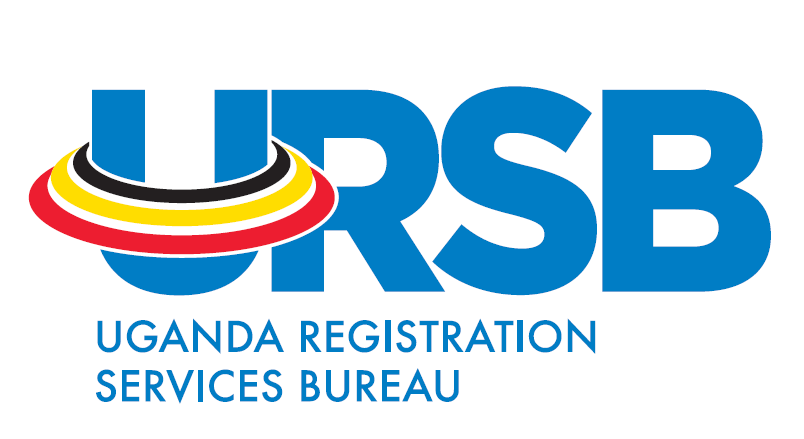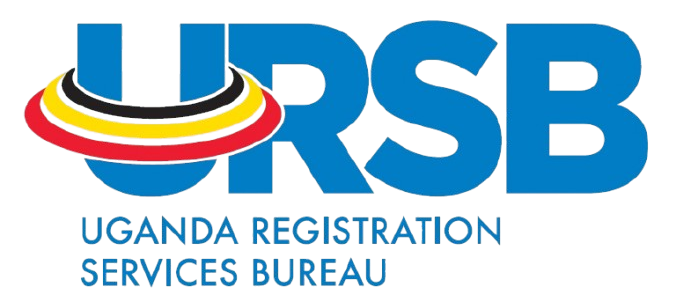Technology and Innovation Support Centres
Technology and Innovation Support Centers (TISCs)
The Technology and Innovation Support Center (TISC) program is a program by the World Intellectual Property Organization (WIPO) established to provide innovators and researchers in developing countries with access to locally based, high quality technology information and related services, in order to improve the quality of their innovations and research as well as prevent innovators from wasting the limited resources coming up with already existing technologies.
The TISC program provides innovators with information resources of technologies that have been developed by other innovators across the globe in all fields of technology in order to enhance the innovation potential of researchers and innovators in developing countries.
In Uganda, URSB is the TISC focal point and hosts one TISC.
As of March 2024, there were thirty seven (37) TISC host institutions including the TISC at URSB Head Office. TISC institutions are based in academic institutions and Research & development (R&D) Institutions.
Services offered by TISCs include:
- Access to online patent and non-patent (scientific and technical) resources and IP-related publications;
- Assistance in searching and retrieving technology information;
- Training in database search;
- On-demand searches (novelty, state-of-the-art and infringement);
- Monitoring technology and competitors;
- Basic information on Industrial Property laws, management and strategy, and technology commercialization and marketing.
Additional services
- Searches for novelty of the invention.
- Training in patent drafting.
- Guidance in IP protection.
- IP identification.
- Guidance in IP commercialization.
Some of the resources accessed under TISC
- Access to Research for Development and Innovation (ARDI)
- Patent databases.
- Access to Specialized Patent Information (ASPI)
Benefits of the TISC program
- TISCs facilitate improvement on the quality of innovations. With access to prior art and patent information, innovators can improve the quality of their innovations by building upon existing knowledge. This eliminates the duplication of technologies and encourages development of advanced innovations.
- Guidance on IP and patent protection. Innovators are trained on the various aspects of IP, enabling them to identify protectable aspects of their inventions. This safeguards their innovations and gives innovators a competitive advantage at the market.
- Enhanced access to information. TISCs provide access to valuable patent databases, scientific journals and technical resources that might otherwise be difficult and costly for individual innovators to access. This access helps innovators make informed decisions and avoid reinventing existing solutions.
- Skill development and training. TISCs often conduct workshops, seminars and training sessions on IP management, patent searches and commercialization strategies. These trainings enhance innovators’ technical knowledge and entrepreneurial skills, making them better equipped to navigate the innovation ecosystem.
- TISCs encourage commercialization of IP. TISCs offer guidance to innovators on how to commercialize their IPs. This may include help with patent licensing or connecting with partners. Through this support, TISCs foster economic growth by helping local innovations reach broader markets.
- Development of the Institutional IP policies. URSB offers technical guidance to academic and research institutions on the development of IP policies for their institutions.
- Networking opportunities. TISCs offers a platform where innovators can connect with other inventors, researchers and industry experts facilitating knowledge transfer, mentorship and potential collaborations. This is through the various stakeholder and capacity building workshops conducted under TISCs and the access to patent documents where innovators can access details of other inventors.
- TISCs encourage local innovation. This is through the free access to high quality technology information services locally. This supports grass root inventions and the development of solutions that address specific local challenges.
Below is a list of the active TISC institutions:
- Uganda Registration Services Bureau
- Consortium for Affordable Medical Technologies (CAMTech), Mbarara University of Science and Technology
- Kyambogo University
- Infectious Diseases Institute
- Busitema University
- Uganda National Council for Science and Technology
- Uganda Pharmaceutical Society
- Uganda Industrial Research Institute
- National Crops Resources Research Institute
- National Forestry Resources Research Institute
- Nabuin Zonal Agricultural Research & Development Institute
- Mukono Zonal Agricultural Research & Development Institute
- National Livestock Resources research Institute
- Rwebitaba Zonal Agricultural Research and Development Institute
- National Agricultural Research Laboratories
- National Semi Arid Resources Research Institute
- National Coffee Research Institute
- Kachwekano Zonal Agricultural Research and Development Institute
- Abi Zonal Agricultural Research and Development Institute
- Mbarara Zonal Agricultural Research Development Institute
- Bulindi Zonal Agricultural Research Development Institute
- Ngetta Zonal Agricultural Research Development Institute
- National Fisheries Resources Research Institute
- Makerere University
- Kampala International University-Ishaka
- Kabale University
- Ndejje University
- Gulu University
- Islamic University in Uganda
- Lira University
- Kampala International University – Kansanga campus
- Uganda Technical College-Lira
- Comboni College- Lira
- Dr. Obote College- Lira
- Centre of Innovation and Technology Transfer, Mbarara University of Science and technology
Requirements to host a TISC
The host institution must have the following:
- Involvement in research and innovation.
- A dedicated focal person to coordinate TISC activities.
- A computer with internet connection.

